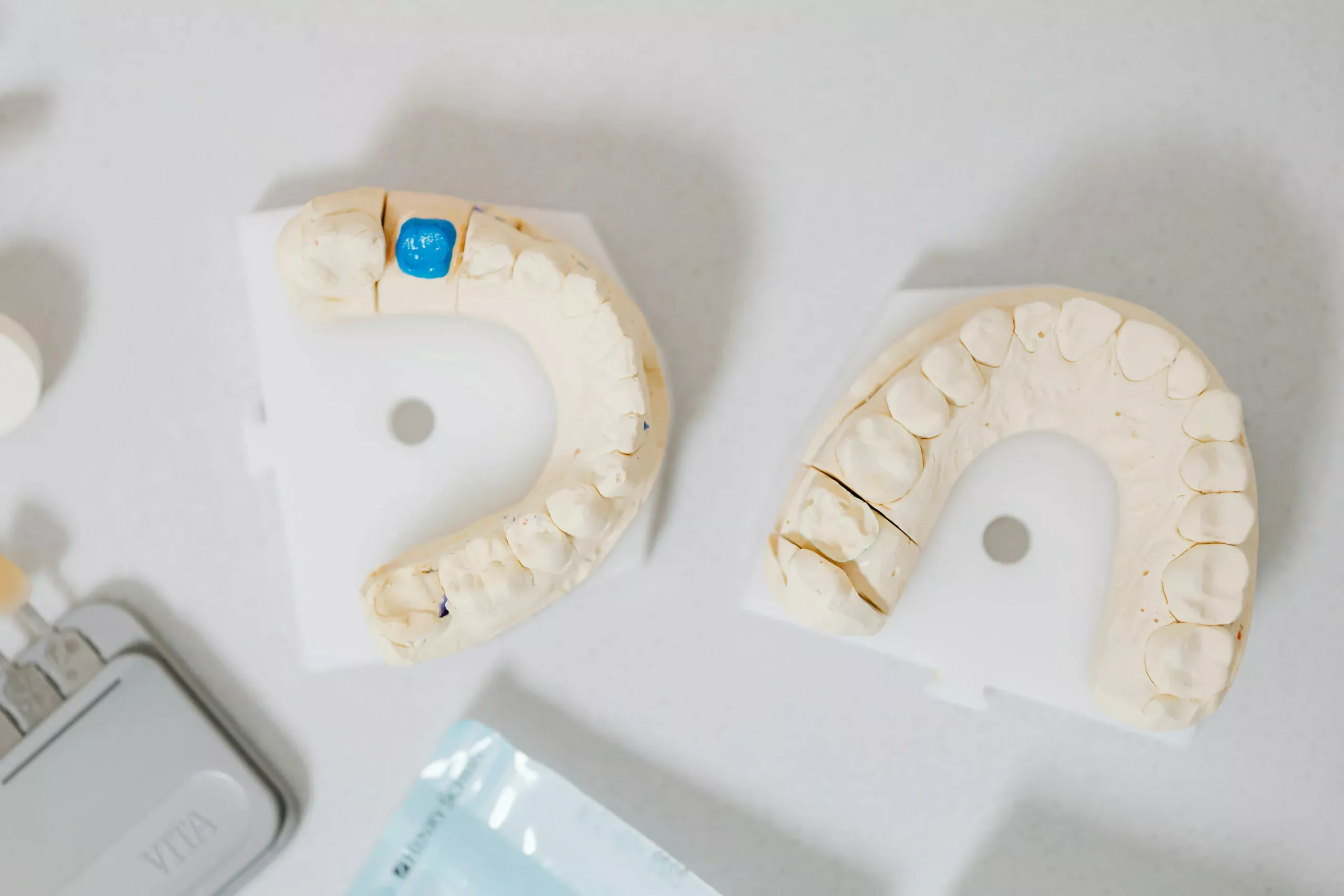Dental crowns are one of the most effective and common solutions for restoring damaged or decayed teeth. Whether you’ve just had a crown placed or are considering one, understanding how long they last can help you make informed decisions about your dental care. In this blog post, we’ll explore the lifespan of dental crowns, the factors that affect their durability, and tips on how to ensure they last as long as possible.
What is a Dental Crown?
A dental crown is a cap that covers a damaged tooth to restore its shape, size, strength, and appearance. Crowns are typically made from materials such as porcelain, ceramic, metal, or a combination of these. They are used in a variety of situations, including when a tooth is broken, severely decayed, or has undergone a root canal. A well-placed crown can enhance the tooth’s function, prevent further damage, and improve the overall aesthetics of your smile.
How Long Do Dental Crowns Last?
The lifespan of a dental crown can vary depending on several factors, but on average, dental crowns last between 10 and 15 years. In some cases, they can even last up to 20 years or more with proper care.
Types of Crowns and Their Durability
The material used to make the crown plays a significant role in determining its lifespan. Here’s a breakdown of the most common types of dental crowns and how long you can expect them to last:
Porcelain Crowns: Porcelain crowns are a popular choice for their natural look and ability to blend seamlessly with the surrounding teeth. They typically last between 10 and 15 years. However, porcelain can be more prone to chipping and wear over time compared to other materials.
Ceramic Crowns: Like porcelain, ceramic crowns are aesthetically pleasing and provide a natural appearance. They are also durable and can last anywhere from 10 to 15 years with proper care.
Metal Crowns: Metal crowns, made from materials like gold, are incredibly durable and resistant to wear. They can last anywhere from 15 to 20 years or more. However, metal crowns are less aesthetically pleasing, which is why they are often used for back teeth.
Porcelain-Fused-to-Metal Crowns: These crowns offer a good balance of strength and appearance. The metal base provides durability, while the porcelain exterior matches the natural color of your teeth. They typically last between 10 and 15 years.
Factors Affecting the Lifespan of Dental Crowns
While the type of crown material plays a role in its longevity, several other factors can impact how long your crown lasts:
Oral Hygiene: Regular brushing, flossing, and visits to your dentist for cleanings are crucial for maintaining the health of both your crown and the tooth beneath it. Poor oral hygiene can lead to decay or gum disease, which can compromise the lifespan of your crown.
Teeth Grinding: If you grind your teeth, especially at night, the pressure can cause your crown to wear down or crack. Wearing a night guard can help protect your crown from the effects of teeth grinding.
Diet and Habits: Chewing on hard foods like ice, nuts, or candy can put excessive pressure on your crown, potentially leading to cracks or chips. Additionally, habits like biting your nails or using your teeth as tools can damage your crown.
Accidents or Trauma: Physical accidents, such as a fall or a sports injury, can result in damage to your dental crown. While crowns are durable, they are not invincible to trauma.
Age of the Crown: Over time, even the most durable crowns can experience wear and tear. The materials can degrade, and the crown may begin to show signs of aging. Regular check-ups with your dentist can help detect issues early before they become major problems.
How to Extend the Life of Your Dental Crown
To get the most out of your dental crown, follow these simple tips:
- Practice good oral hygiene: Brush twice a day and floss daily to prevent plaque buildup and decay around the crown.
- Avoid hard or sticky foods: Hard foods can cause fractures, and sticky foods can dislodge the crown.
- Wear a mouthguard: If you grind your teeth at night or play contact sports, consider wearing a mouthguard to protect your crown.
- Attend regular dental checkups: Your dentist can monitor the condition of your crown and make any necessary adjustments before issues arise.
To Summarise
Dental crowns are an excellent long-term solution for restoring damaged or decayed teeth, with a typical lifespan of 10 to 15 years, and in some cases, even longer. By understanding the factors that affect the durability of crowns and following proper dental care practices, you can help ensure that your crown lasts as long as possible. Regular checkups and a healthy oral hygiene routine are essential in extending the life of your dental crown.
If you’re considering getting a dental crown or have concerns about your current crown, Waldron Dental is here to help. Contact us today to schedule a consultation with one of our experienced dentists and get personalised advice on maintaining the health of your teeth and crowns.













